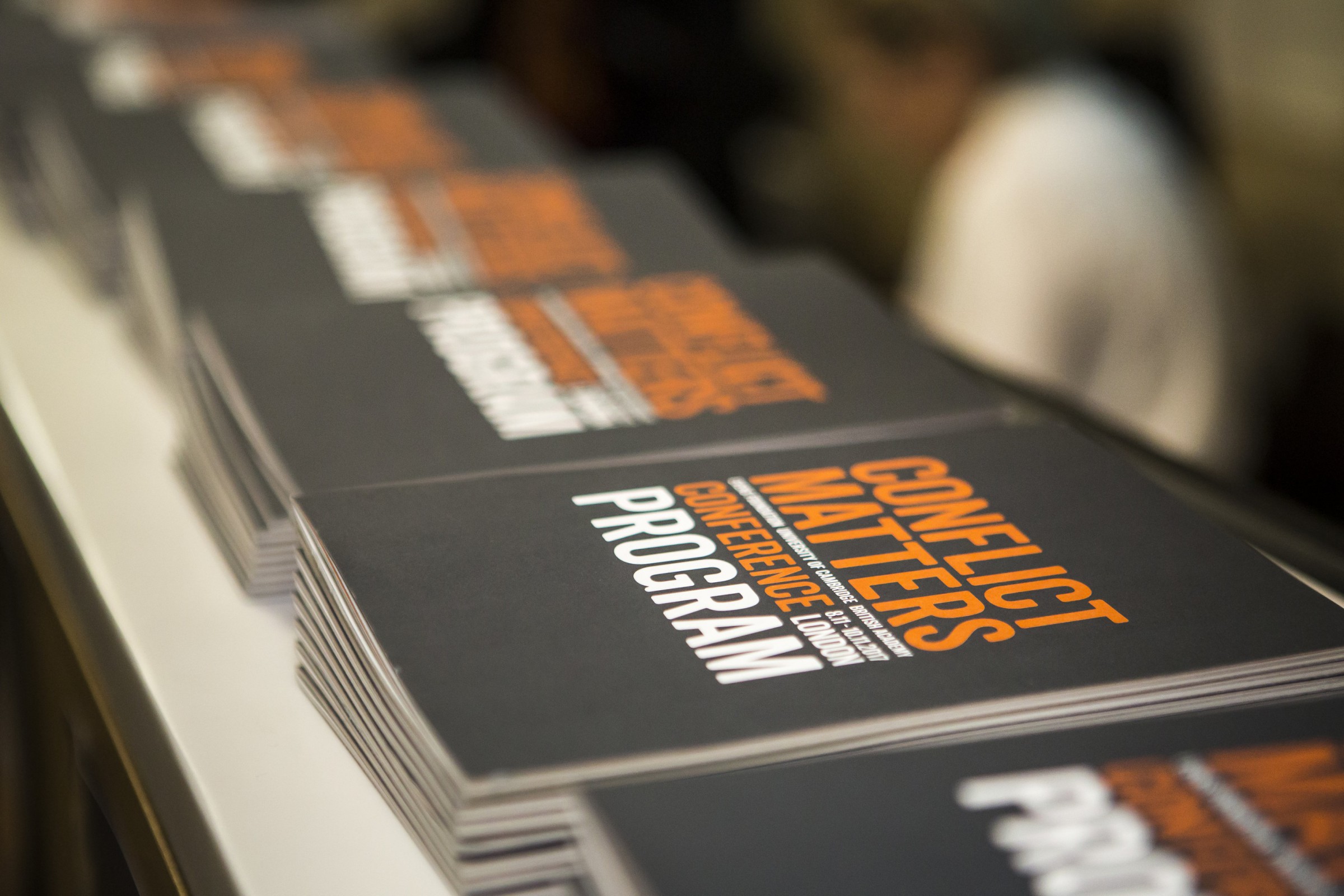Conflict Matters I Cycle of Conferences

Debbie Bragg
-
Initiated by
Evens Foundation
-
Timeline
2015-2017
- Contact
The Conflict Matters Conferences were designed as a platform for practitioners and researchers across Europe to meet, learn from each other, explore the role and the transformative potential of conflict in education, and reflect on concrete strategies to work with conflict in a productive way.
Conflict Matters 2015, Brussels
The main aim of the first conference was to offer all the individuals and organisations in the Foundation’s network the opportunity to learn from each other and forge connections, while at the same time call attention to the importance of addressing conflict in education.
The programme highlights of the event included keynote speeches that shed light on the biological origins and social implications of conflict, emphasizing its potential for learning and transformation, both on personal and societal level.
In addition, the participants could choose between tailor-made workshops and trainings on a variety of topics: conflict management in school, handling controversial topics in classroom, alternative approaches to school rules and sanctions, ways of establishing a positive school climate, shared decision-making processes, conflict in the context of social media etc.
Conflict Matters 2017, London
In response to the increasing discords and polarisation in our communities, Conflict Matters 2017 focused on the educational policies and practices needed to transform societal tensions and controversies into learning opportunities in the classroom and beyond. Ultimately, the conference sought to encourage reflection on how education can enable everyone to act as equal political subjects.
A unique gathering of education practitioners and researchers, the conference featured contributions by internationally acclaimed scholars. A series of experiential sessions also encouraged the participants to discover methods and strategies that allow confrontation to be expressed whilst at the same time transforming it into an inclusive, egalitarian dialogue.
To strengthen the research dimension of the event, the Evens Foundation collaborated with the University of Cambridge and the British Academy.
The Conflict Matters Conferences were designed as a platform for practitioners and researchers across Europe to meet, learn from each other, explore the role and the transformative potential of conflict in education, and reflect on concrete strategies to work with conflict in a productive way.
Conflict Matters 2015, Brussels
The main aim of the first conference was to offer all the individuals and organisations in the Foundation’s network the opportunity to learn from each other and forge connections, while at the same time call attention to the importance of addressing conflict in education.
The programme highlights of the event included keynote speeches that shed light on the biological origins and social implications of conflict, emphasizing its potential for learning and transformation, both on personal and societal level.
In addition, the participants could choose between tailor-made workshops and trainings on a variety of topics: conflict management in school, handling controversial topics in classroom, alternative approaches to school rules and sanctions, ways of establishing a positive school climate, shared decision-making processes, conflict in the context of social media etc.
Conflict Matters 2017, London
In response to the increasing discords and polarisation in our communities, Conflict Matters 2017 focused on the educational policies and practices needed to transform societal tensions and controversies into learning opportunities in the classroom and beyond. Ultimately, the conference sought to encourage reflection on how education can enable everyone to act as equal political subjects.
A unique gathering of education practitioners and researchers, the conference featured contributions by internationally acclaimed scholars. A series of experiential sessions also encouraged the participants to discover methods and strategies that allow confrontation to be expressed whilst at the same time transforming it into an inclusive, egalitarian dialogue.
To strengthen the research dimension of the event, the Evens Foundation collaborated with the University of Cambridge and the British Academy.
-
Initiated by
Evens Foundation
-
Timeline
2015-2017
- Contact